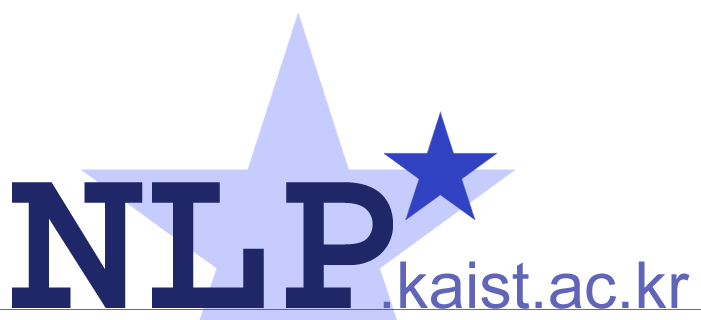-
Our papers have been accepted to ACL 2025!
/photos/news/acl2025.pngPublished August 01, 2025
Our papers 'Does Rationale Quality Matter? Enhancing Mental Disorder Detection via Selective Reasoning Distillation' (authors: Hoyun Song, Huije Lee, Jisu Shin, Sukmin Cho, Changgeon Ko, and Jong C. Park) and 'EXIT: Context-Aware Extractive Compression for Enhancing Retrieval-Augmented Generation' (authors: Taeho Hwang, Sukmin Cho, Soyeong Jeong, Hoyun Song, SeungYoon Han, and Jong C. Park) have been accepted as findings of ACL 2025. Congratulations!
(more info..)
-
Our papers have been accepted to NAACL 2025!
/photos/news/naacl2025.pngPublished May 01, 2025
Our paper 'An Efficient Sign Language Translation Using Spatial Configuration and Motion Dynamics with LLMs' (authors: Eui Jun Hwang, Sukmin Cho, Junmyeong Lee, and Jong C. Park) has been accepted to NAACL 2025. Also, another paper 'Lossless Acceleration of Large Language Models with Hierarchical Drafting based on Temporal Locality in Speculative Decoding' (authors: Sukmin Cho, Sangjin Choi, Taeho Hwang, Jeong yeon Seo, Soyeong Jeong, Huije Lee, Hoyun Song, Jong C. Park, and Youngjin Kwon) has been accepted as findings of NAACL 2025. Congratulations!
(more info..)
-
Our paper has been accepted at the workshop at WACV 2025!
/photos/news/wacv2025.pngPublished March 02, 2025
Our paper 'A Spatio-Temporal Representation Learning as an Alternative to Traditional Glosses in Sign Language Translation and Production' (authors: Eui Jun Hwang, Sukmin Cho, Huije Lee, Youngwoo Yoon, and Jong C. Park) has been accepted at the WACV 2025. Congratulations!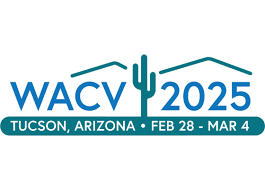
-
Two Best Paper Awards by Interns at Korea Software Congress (KSC 2024)!
/photos/news/스크린샷 2024-12-11 오후 7.14.47.pngPublished December 18, 2024
We are thrilled to announce that two papers have received Best Paper Awards at Korea Software Congress (KSC 2024): 1. "The Impact of Retrieved Document Bias on Generated Responses in RAG: An Analysis through Political Bias Experiments" (authors: Seungho Cho, Changgeon Ko, Taeho Hwang, Jeong Yeon Seo, and Jong C. Park). 2. "Improving Keypoint-based Korean Sign Language Translation Performance Through Frame-wise Contrastive Learning" (authors: Hyeyeon Kim, Junmyeong Lee, Eui Jun Hwang, and Jong C. Park). Congratulations to Seungho and Hyeyeon, who participated as interns, for their remarkable achievements!
(more info..)
-
Our papers have been accepted at the workshops at NeurIPS 2024!
/photos/news/NeurIPS-logo.pngPublished December 14, 2024
Our paper 'Different Bias Under Different Criteria: Assessing Bias in LLMs with a Fact-Based Approach' (authors: Changgeon Ko, Jisu Shin, Hoyun Song, Jeong yeon Seo, and Jong C. Park) has been accepted at the SolaR workshop of NeurIPS 2024. Also, another paper 'PiLaMIM: Toward Richer Visual Representations by Integrating Pixel and Latent Masked Image Modeling' (authors: Junmyeong Lee, Eui Jun Hwang, Sukmin Cho, and Jong C. Park) has been accepted at the SSL workshop of NeurIPS 2024. Congratulations!
(more info..)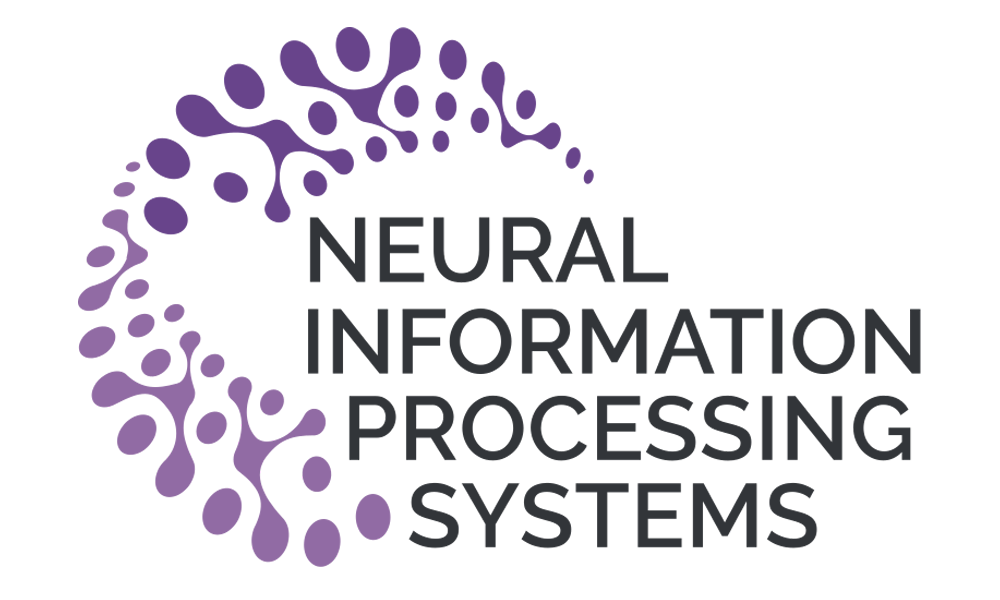
-
Our papers have been accepted to EMNLP 2024!
/photos/news/emnlp2024_0.jpgPublished November 12, 2024
Our papers have been accepted to EMNLP 2024! Our papers 'Typos that Broke the RAG's Back: Genetic Attack on RAG Pipeline by Simulating Documents in the Wild via Low-level Perturbations' (authors: Sukmin Cho, Soyeong Jeong, Jeong yeon Seo, Taeho Hwang, and Jong C. Park) and 'Towards Effective Counter-Responses: Aligning Human Preferences with Strategies to Combat Online Trolling' (authors: Huije Lee, Hoyun Song, Jisu Shin, Sukmin Cho, SeungYoon Han, and Jong C. Park) have been accepted as findings of EMNLP 2024. Congratulations!
(more info..)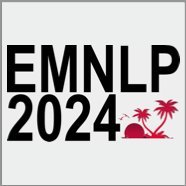
Jihye joined our lab!
Published February 24, 2025
Recent Photos
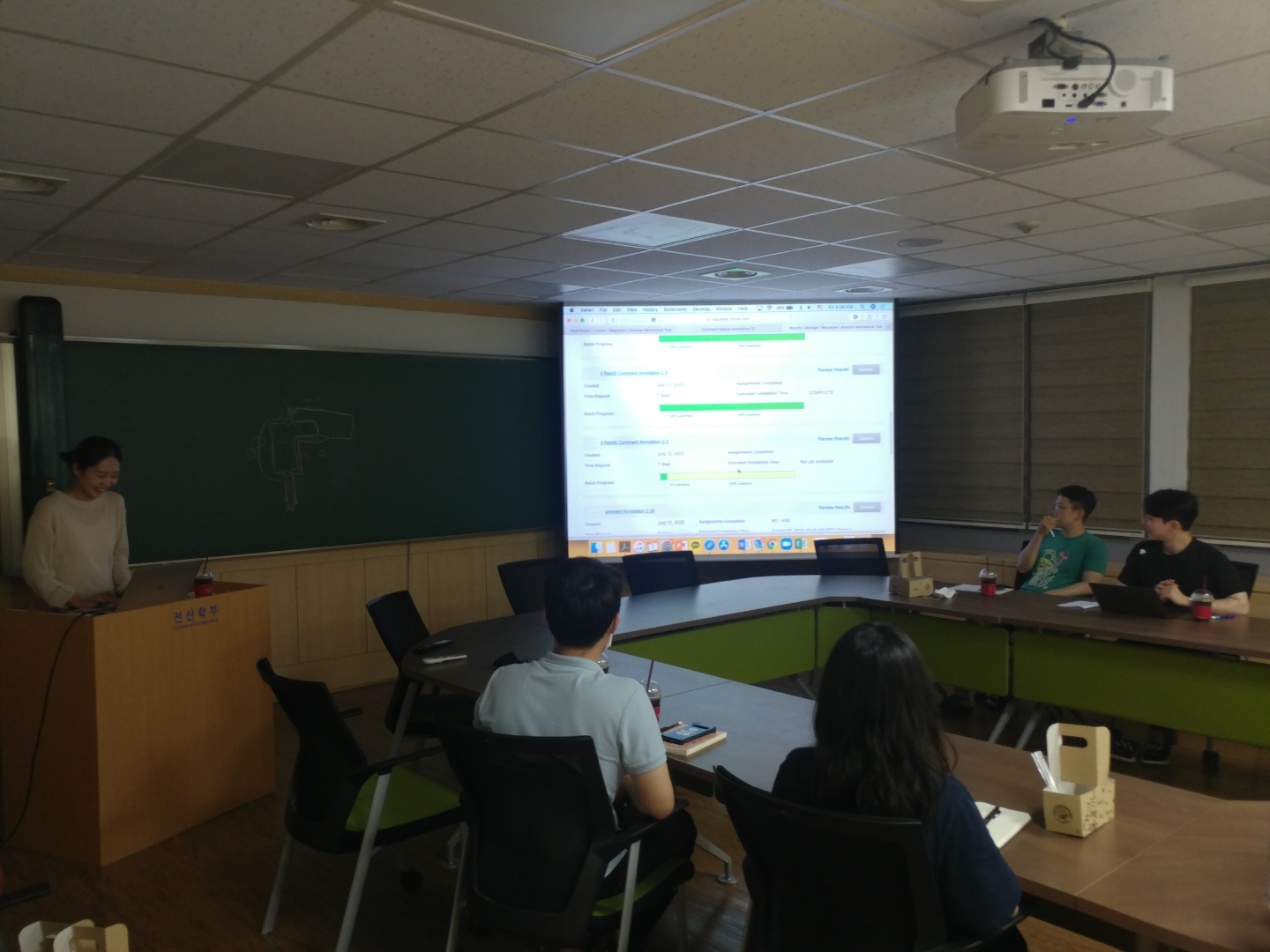
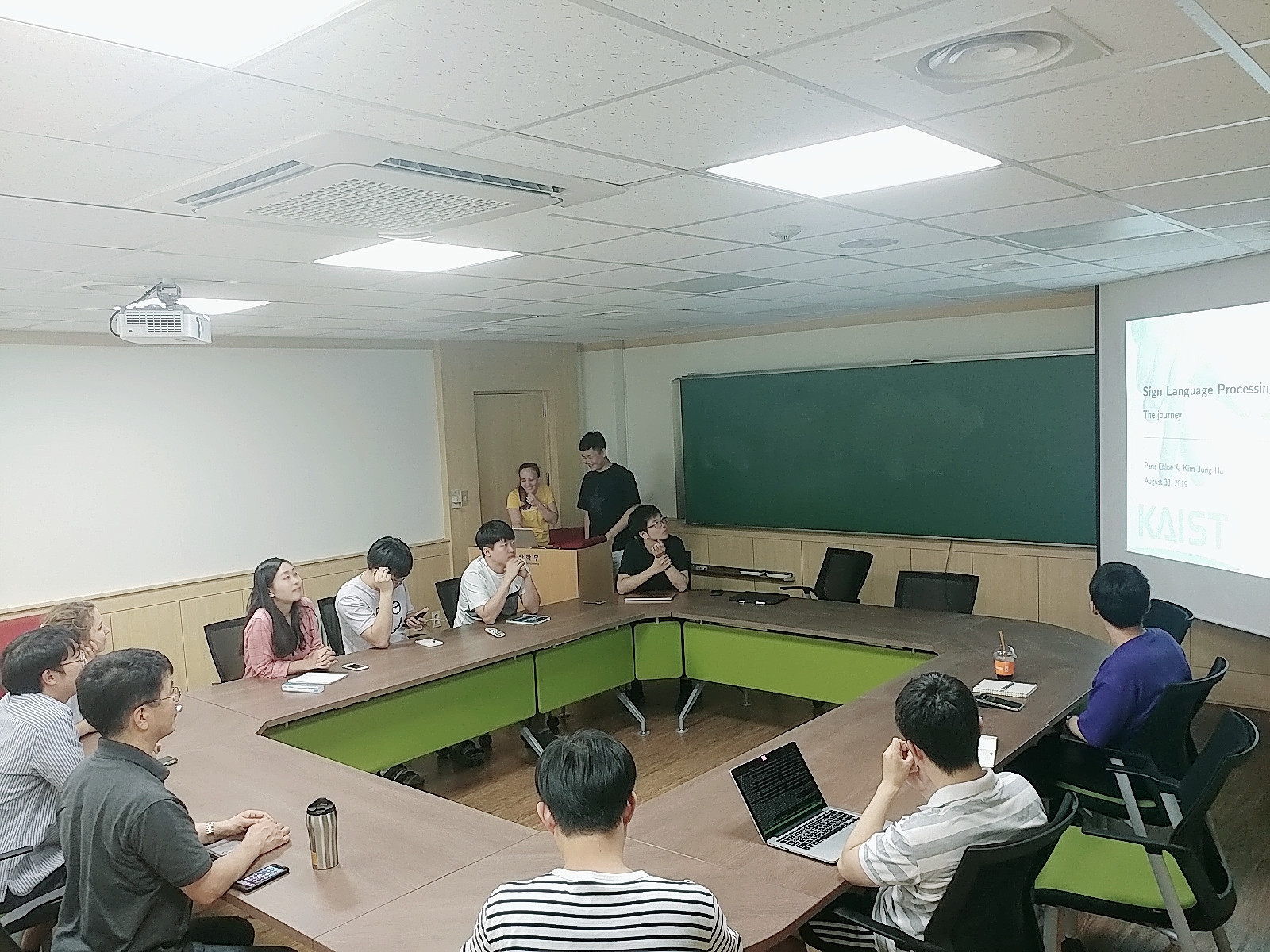
Recent Publications
The lastest three papers accepted or published
- Hoyun Song, Huije Lee, Jisu Shin, Sukmin Cho, Changgeon Ko, and Jong C. Park: "Does Rationale Quality Matter? Enhancing Mental Disorder Detection via Selective Reasoning Distillation" (ACL 2025)
- Taeho Hwang, Sukmin Cho, Soyeong Jeong, Hoyun Song, SeungYoon Han, and Jong C. Park: "EXIT: Context-Aware Extractive Compression for Enhancing Retrieval-Augmented Generation" (ACL 2025)
- Eui Jun Hwang, Sukmin Cho, Junmyeong Lee, and Jong C. Park: "An Efficient Sign Language Translation Using Spatial Configuration and Motion Dynamics with LLMs" (NAACL 2025)
